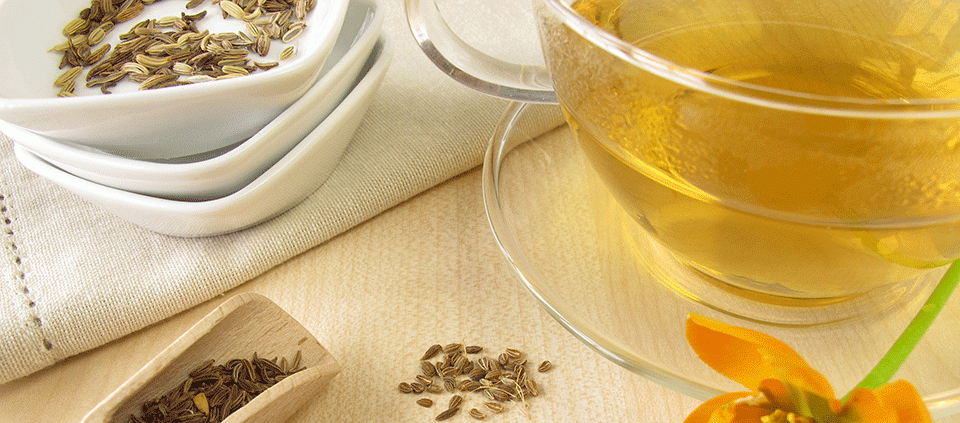Ayurveda for Fresh Breath

Are you eating healthy and exercising, but find yourself occasionally covering up bad breath? Ayurvedic self-care techniques can help keep you smelling sweet morning to night.
There are many commonly recognized causes of bad breath, including poor oral hygiene, respiratory infections, and certain foods (onions, garlic, coffee, alcohol). But if you’re flossing and brushing daily, and up to date with your dental cleaning, it’s possible that bad breath is actually due to weak digestion and accumulated toxins—because the mouth is the beginning of the digestive tract.
Ayurveda recognizes that the aroma of the breath is not only affected by oral hygiene, but by the health of the lungs, stomach, and large intestine. When digestion is weak (due to stress, sleep deprivation, dehydration, eating too fast, etc.), food doesn’t get thoroughly processed. The result of poor digestion can be a host of challenges, including gas, bloating, acid reflux, water retention, excess mucus, sluggishness, headache, feeling unsatisfied, and foggy-headedness. Not fun.
The most troubling result of poor digestion is ama—which Ayurveda defines as “toxic food sludge.” Ama clogs the system when the digestive fire doesn’t process food properly. Ever looked at your tongue in the mirror and seen a thick, white, sticky coating? That’s ama. Yeah, it’s gross. Ama can go anywhere in the body—joints, sense organs, etc.—as well as the lungs.
Thankfully, there are many simple Ayurvedic practices to support healthy digestion, reduction of ama, and oral hygiene. Try these Ayurvedic self-care techniques for fresh breath.
Tongue Scraping
- Keep a copper or stainless steel tongue scraper next to your toothbrush to clear away ama each morning. Begin at the back of the tongue and make three to six firm swipes down toward the tip, cleaning off the ama from the scraper between each swipe.
- Be gentle—don’t scrub roughly! Avoid if you have a tongue infection, or feel tenderness or sores. (If you have tongue piercings, take it slow and scrape in two movements!)
Salt Water Gargling
- Ayurveda considers salt to have a purifying action. Gargle for 30 to 60 seconds with warm salt water each morning to help pull toxins and bacteria out of the mouth and throat. This is a classic way to prevent colds, too.
- Note: Use purified water and high-quality salt, such as sea salt or Himalayan. Avoid if you have a throat infection or salt sensitivity.
Oil Pulling
- After thoroughly cleaning the mouth, swish 1 tablespoon of organic sesame or coconut oil for one to three minutes and spit out.
- For deeper cleaning and breath freshening, try an Ayurvedic herbalized oil designed for the mouth. My favorites are Daily Swish by Banyan Botanicals—the fennel and peppermint are so refreshing—and Swish by LifeSpa—great taste and includes the anti-bacterial benefits of turmeric.
- Note: Avoid herbalized oils during pregnancy.
Tulsi (Holy Basil) Tea
- Try a cup of this delicious caffeine-free tea, praised by Ayurveda for its anti-microbial properties and well-known benefits of reducing bad breath, soothing the nerves (good for stress), aiding sluggish digestion, reducing fever and headache, and supporting lung health. It’s fantastic! I take tulsi with me everywhere I go.
- Note: Avoid during pregnancy or if challenged by high pitta.
Fennel Seeds
- Ever notice a tray of seeds offered after a meal at a nice Indian restaurant? Chewing roasted fennel seeds is an easy and delicious way to support fresh breath while promoting digestion. Fennel seeds are excellent for reducing gas and bloating.
- Make your own: Dry-roast fennel seeds over medium heat until their aroma is released (about three to five minutes). Cool and store in a glass container. Chew on ½ teaspoon of roasted seeds for five to 10 minutes, swallowing the juice (it’s okay to swallow the seeds, too, but you can spit them out if you prefer).
- Note: Avoid during pregnancy.
For personalized support in improving digestion or doing an Ayurvedic cleanse, I recommend consulting with a certified Ayurvedic practitioner. If you’re dealing with any medical conditions or concerns, always consult with your primary care physician before beginning this or any diet or lifestyle changes.
Find out about upcoming programs with Larissa Hall Carlson.
© Kripalu Center for Yoga & Health. All rights reserved. To request permission to reprint, please e-mail editor@kripalu.org.
Larissa Hall Carlson, E-RYT 500, MA, 20-year Kripalu faculy and former Dean of the Kripalu School of Ayurveda, guides retreats, directs trainings, and provides Ayurvedic consultations across the country.
Full Bio and Programs